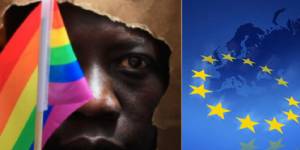 As a result of asylum applications lodged by three gay men from Sierra Leone, Uganda and Senegal, seeking refugee status in the Netherlands, with all noting they have a well-founded fear of persecution in their home countries based on their sexual orientation, the EU’s Advocate General, Eleanor Sharpston, said on July 11, that applicants for refugee status claiming they are persecuted for their homosexual orientation in their country of origin may form a ‘particular social group’ under EU refugee law.
As a result of asylum applications lodged by three gay men from Sierra Leone, Uganda and Senegal, seeking refugee status in the Netherlands, with all noting they have a well-founded fear of persecution in their home countries based on their sexual orientation, the EU’s Advocate General, Eleanor Sharpston, said on July 11, that applicants for refugee status claiming they are persecuted for their homosexual orientation in their country of origin may form a ‘particular social group’ under EU refugee law.
Under current asylum rules, a third country national who, owing to a well-founded fear of being persecuted for reasons of race, religion, nationality, political opinion or membership of a particular social group, is outside the country of nationality and is unable or, owing to such fear, is unwilling to return to that country can claim refugee status.
The rules do not specify social groups based on sexual orientation.
The Dutch Raad van State, which is hearing the case at final instance, made three requests for a preliminary ruling to the Court of Justice on the assessment of applications for refugee status under the provisions of the directive.
The national court asked the Court whether gay third country nationals form a particular social group within the meaning of the directive. Furthermore, it asked how national authorities should assess what constitutes an act of persecution concerning homosexual activities within this context, and whether the criminalisation of those activities in the applicant’s country of origin, which can lead to imprisonment, amounts to persecution.
In today’s Opinion, Advocate General Eleanor Sharpston proposes that the Court declare, first of all, that gay applicants for refugee status may, depending on the circumstances in their country of origin, form a particular social group within the meaning of the directive.
In her opinion, the wording of the directive shows that the EU legislator has given the clearest possible indication that persons with a shared characteristic of sexual orientation may indeed be members of a particular social group.
Subsequently, the national court has to assess whether such a group has a ‘distinct identity’, in each applicant’s country of origin, ‘because it is perceived as being different by the surrounding society’. READ Article here





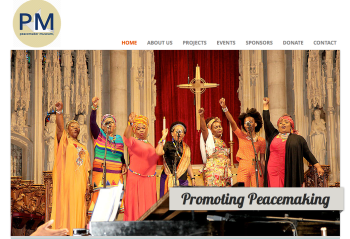




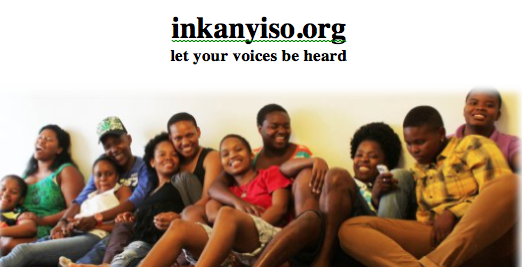







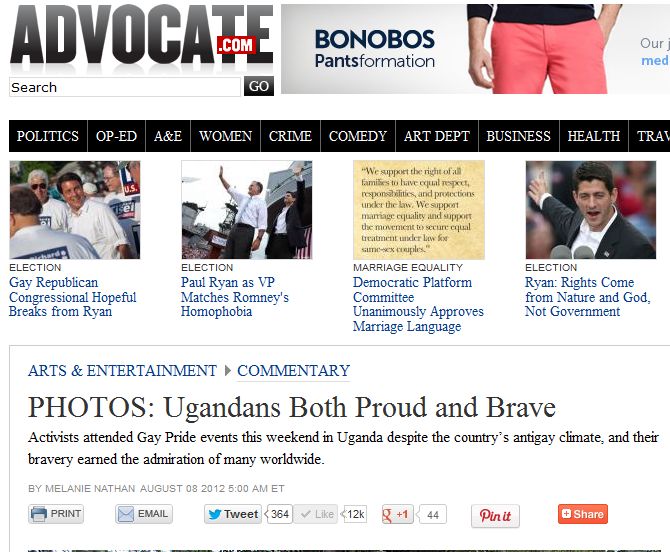
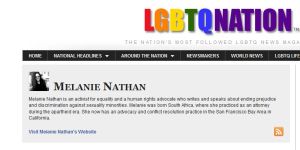
 PoochParkWear customizes hoodies and t-shirts, the good, the naughty, the in between, whether proud or quirky let them be seen. We also offer biker jackets, croc or pleather collars, a variety of collar charms, and our special Zinja beaded collars made by a co-op of HIV-positive South African women, the Sisonke women who weave the beads onto the collars.
PoochParkWear customizes hoodies and t-shirts, the good, the naughty, the in between, whether proud or quirky let them be seen. We also offer biker jackets, croc or pleather collars, a variety of collar charms, and our special Zinja beaded collars made by a co-op of HIV-positive South African women, the Sisonke women who weave the beads onto the collars.

Reblogged this on Rainbow-Ethiopia Daily (RED) News Inc..